Tags :: Vatican Film List: Religion
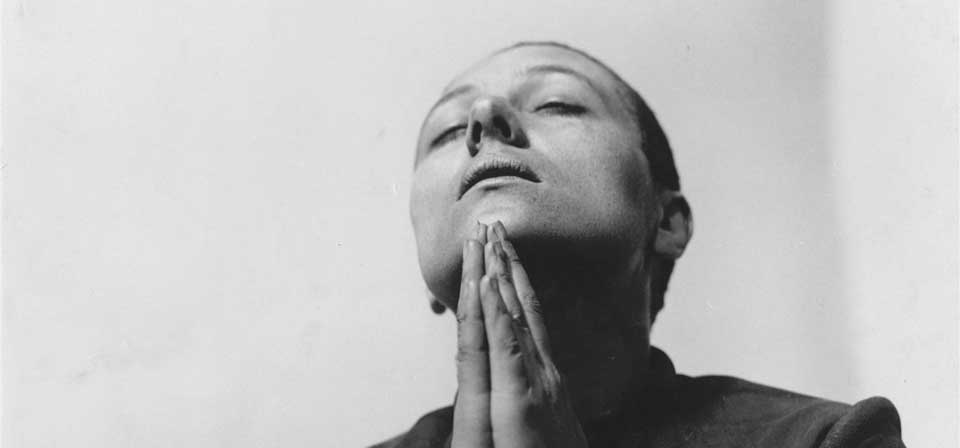
The Passion of Joan of Arc (1928)
The film is more than a dramatization, more than a biopic, more than a documentary: It is a spiritual portrait, almost a mystical portrait, of a Christ-like soul sharing in the sufferings of Christ.
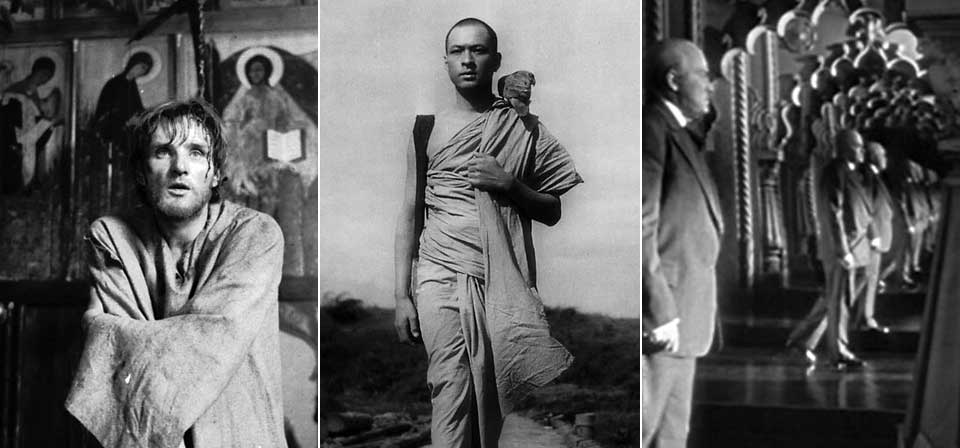
The Vatican Film List
The pope’s remarks were both forward looking, speaking to the potential of cinema to become “a more and more positive factor in the development of individuals and a stimulus for the conscience of society as a whole,” and also historically minded, speaking positively of the praiseworthy contributions of “many worthwhile productions during the first hundred years of [the cinema’s] existence.”
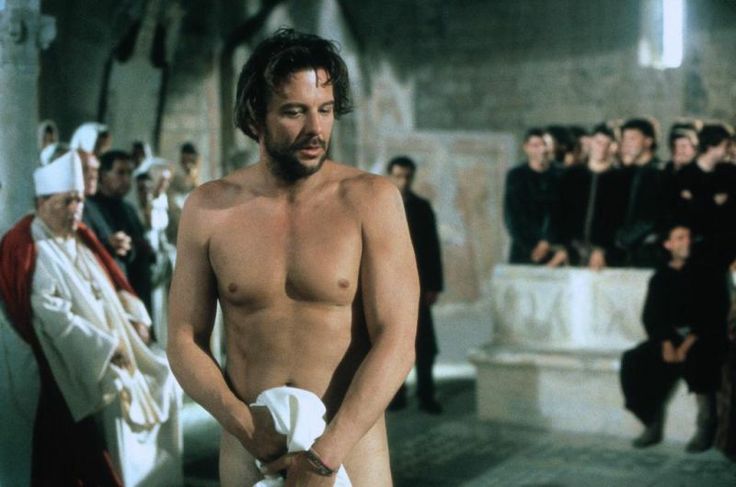
Francesco (1989)
How is it, then, that Cavani succeeds in making Francesco neither an attractive hero of secular virtues nor an off-putting champion of spiritual ones? How does she come to make her protagonist off-putting without being otherworldly, earthbound without being attractive?
Ordet (1955)
Ordet means "the word," but what is the word? What is Carl Dreyer’s somber, ponderous masterpiece, adapted from the stage play by Lutheran clergyman Kaj Munk, really about?
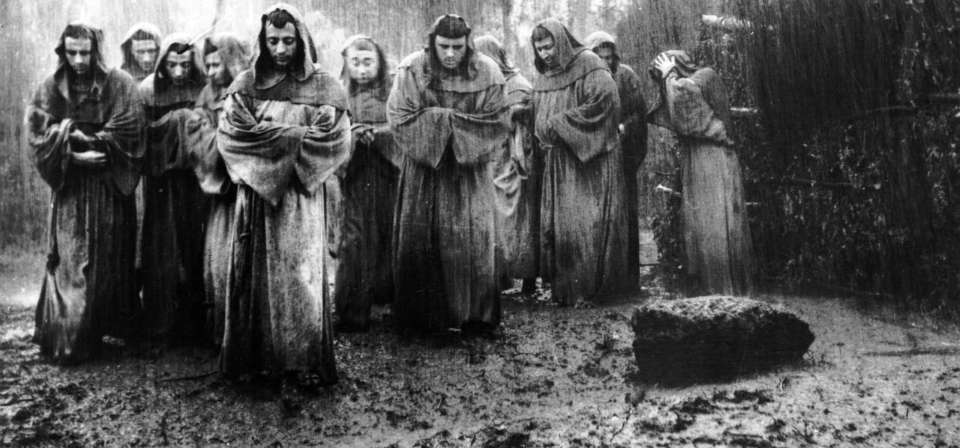
The Flowers of St. Francis (1950)
Rossellini doesn’t cater to contemporary sensibilities by reinventing Francis as a mere eccentric free spirit, a medieval flower child, such as we find in Zefferelli’s Brother Sun, Sister Moon. Francis remains challenging to modern audiences here, his childlike spirit joined to insistence on strict religious obligation and ultimately to zeal for evangelization.
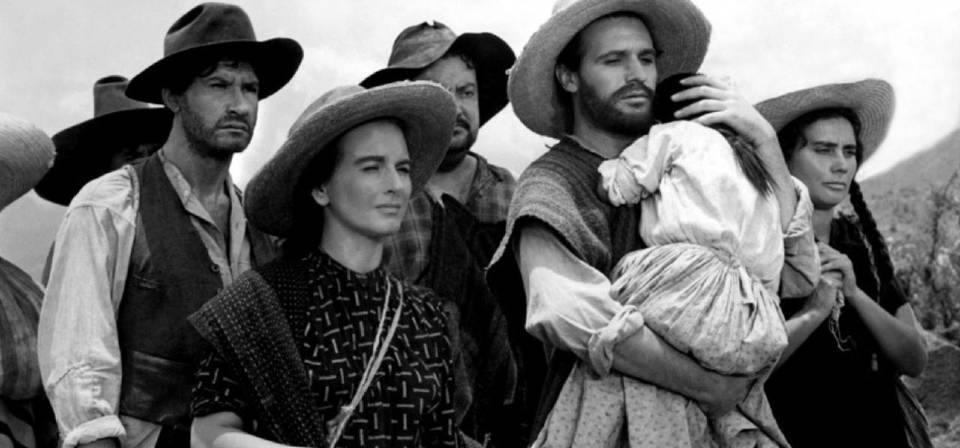
Nazarín (1959)
Buñuel makes his case against faith, not by attacking its foolish or corrupt practitioners, but by arguing that the thing itself, even when lived almost to perfection by a near saint, is moot, even harmful. It may be the most breathtaking cinematic cross-examination of faith I have ever seen.
The Sacrifice (1986)
To “rip open the inconsolable secret,” to awaken the spiritual hunger for something beyond the materialistic scope of our fragmented, desacrilized modern existence, was the burden of Andrei Tarkovsky, cinematic poet laureate of the Russian soul.
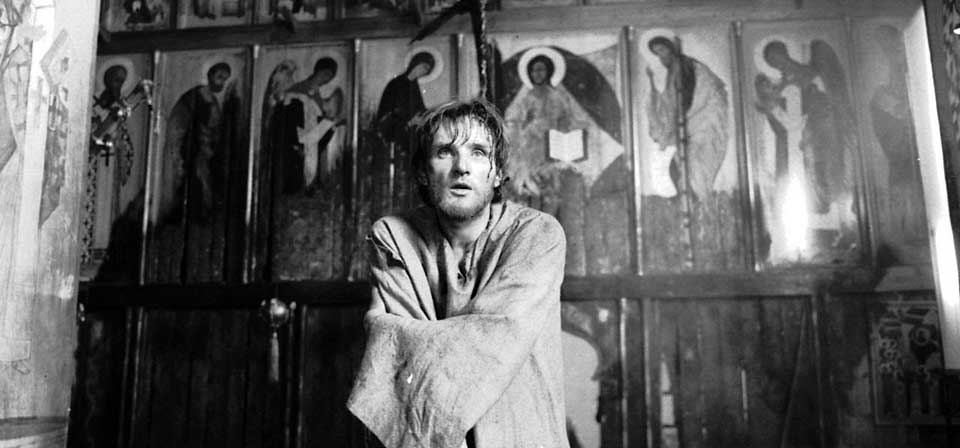
Andrei Rublev (1969)
The notion of art as a "religious experience" is sometimes bandied about too freely. Tarkovsky is one of a handful of filmmakers for whom this ideal was no cheap or desanctified metaphor, but literal truth.
Thérèse (1986)
Alain Cavallier’s stark, austere reflection on the mystery of the little saint of Lisieux’s romance with Jesus… is a reverie rather than a meditation, built of fleeting minimalist vignettes, almost snapshots, glimpses of its subject rather than an integral portrait. There is no sense of judgment, of approval or disapproval of its subject’s life, or even, finally, of real understanding. His Thérèse is a riddle, and we must make of her what we can.
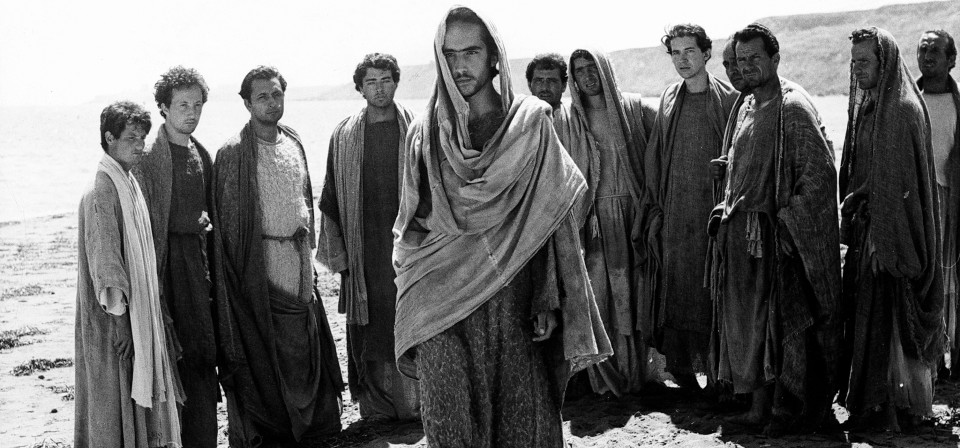
The Gospel According to St. Matthew (1964)
In the end, perhaps the most enduring achievement of The Gospel According to Matthew is an ironic one, given Pasolini’s Marxism: No other life-of-Christ film is so contemplative, inviting the viewer simply to meditate on the life and teaching of Jesus.
Ben-Hur [A Tale of the Christ] (1959)
The grandest of Hollywood’s classic biblical epics, William Wyler’s Ben-Hur doesn’t transcend its genre, with its emphasis on spectacle and melodrama, but it does these things about as well as they could possibly be done.
The Life and Passion of Jesus Christ (1905)
The Life and Passion of Jesus Christ is a remarkable relic from the very dawn of cinema.
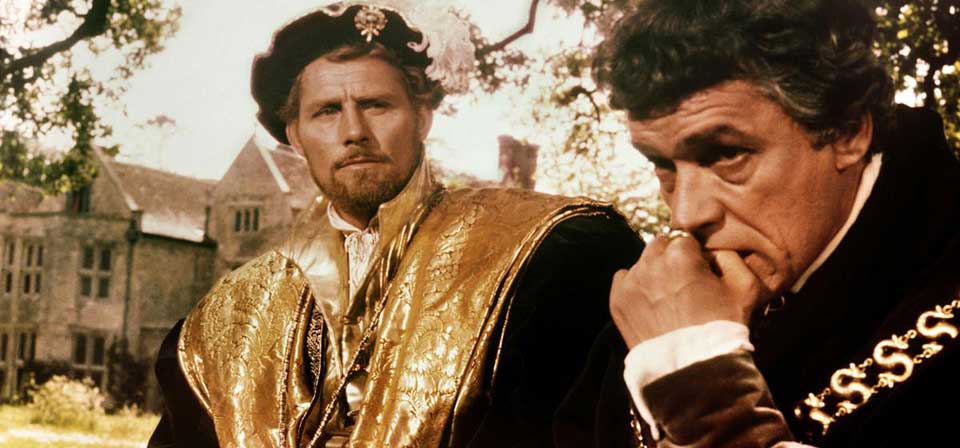
A Man for All Seasons (1966)
The screenplay, well adapted by Robert Bolt from his own stage play, is fiercely intelligent, deeply affecting, resonant with verbal beauty and grace. Scofield, who for years starred in the stage play before making the film, gives an effortlessly rich and layered performance as Sir Thomas More, saint and martyr, the man whose determined silence spoke more forcefully than words, and who then spoke even more forcefully by breaking it.
The Mission (1986)
From the unforgettable opening sequence, with its stunning depiction of the martyrdom of a silent Jesuit missionary at the hands of equally silent South American natives, the film is shot through with piercing, haunting imagery, pictures of enduring imaginative force.
Babette’s Feast (1987)
In the end, Babette’s Feast is a quiet celebration of the divine grace that meets us at every turn, and even redeems our ways not taken, our sacrifices and losses. Whatever we think has been given up or lost, God gives back in greater abundance, one way or another. It may not be till heaven that we truly become all that he intends; but his grace is here and now, whatever our circumstances, and with him all things are possible.
Recent
- Benoit Blanc goes to church: Mysteries and faith in Wake Up Dead Man
- Are there too many Jesus movies?
- Antidote to the digital revolution: Carlo Acutis: Roadmap to Reality
- “Not I, But God”: Interview with Carlo Acutis: Roadmap to Reality director Tim Moriarty
- Gunn’s Superman is silly and sincere, and that’s good. It could be smarter.
Home Video
Copyright © 2000– Steven D. Greydanus. All rights reserved.